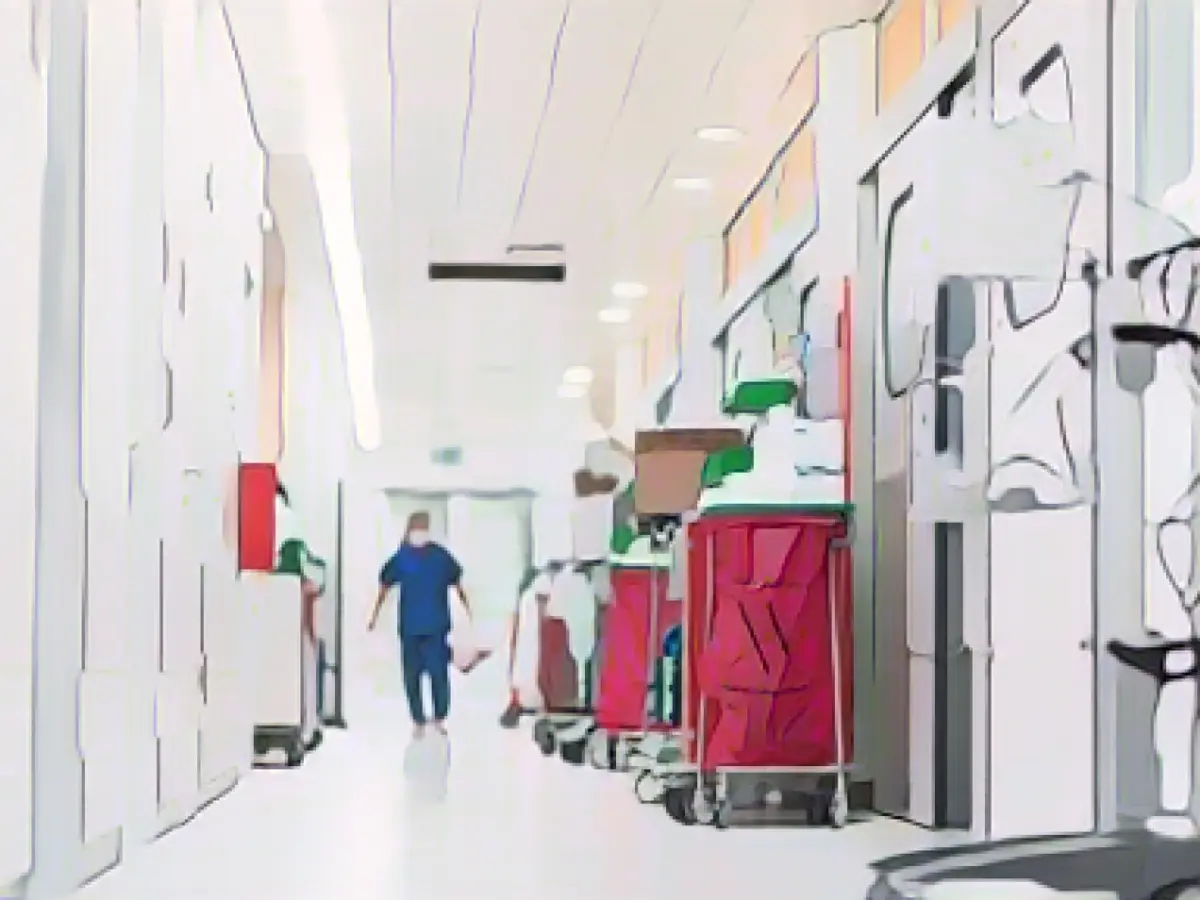Title: Temporary Operational Restrictions at SRH Klinikum Burgenlandkreis Due to System Malfunction
The SRH Klinikum Burgenlandkreis in Germany faced operational restrictions starting from Monday due to an unexpected failure in their information system. This malfunction impacted their two main hospital sites in Naumburg and Zeitz, as well as their medical care centers in Naumburg, Zeitz, Weißenfels, Bad Bibra, and Bad Kösen.
Despite the system failure, the hospital managed to continue providing treatment to patients, albeit with some adjustments. Non-urgent operations had to be rescheduled in the interim. To maintain records, all treatments were documented manually on paper. The team at SRH Klinikum Burgenlandkreis is currently working tirelessly to rectify the issue, with temporary restrictions expected to persist for a few days, as reported by MDR earlier.
Angret Neubauer, the Managing Director at the hospital, assured patients that their safety and well-being remain a top priority. She added that due to the system failure, they would need to exercise caution upon admitting new patients for the time being.
The cause of the system malfunction was identified as routine maintenance, and there were no signs of a hacker attack or data leakage.
Padlocking Up on System Failure in Hospitals
System failures in hospitals can originate from various sources. These may include technical issues, human errors, resource constraints, cybersecurity breaches, or natural disasters. The exact duration of such incidents can vary, ranging from a few hours to several days or even weeks, dependent upon the complexity and cause of the issue.
To mitigate the impact of such incidents and ensure continued patient care, hospitals typically follow these steps:
- Activate emergency procedures to maintain patient safety and continue delivering essential services.
- Communicate with patients, their families, and staff to keep everyone informed about the situation and any needed modifications.
- Allocate available resources to critical areas, such as emergency departments and intensive care units.
- Implement temporary fixes or workarounds to maintain essential services amid the system failure.
- Collaborate with other healthcare facilities or emergency services to offer comprehensive care, should their resources be limited.
- Document all proceedings related to the incident thoroughly to aid future reference and improve hospital protocols.
In this case, while specific details on the exact actions taken by SRH Klinikum Burgenlandkreis are unavailable, it's reasonable to assume they are adhering to these general guidelines to safeguard patient safety and minimize disruption during this period of system failure.
For up-to-date information from SRH Klinikum Burgenlandkreis, feel free to reach out to their official communications channels or visit their press releases.








